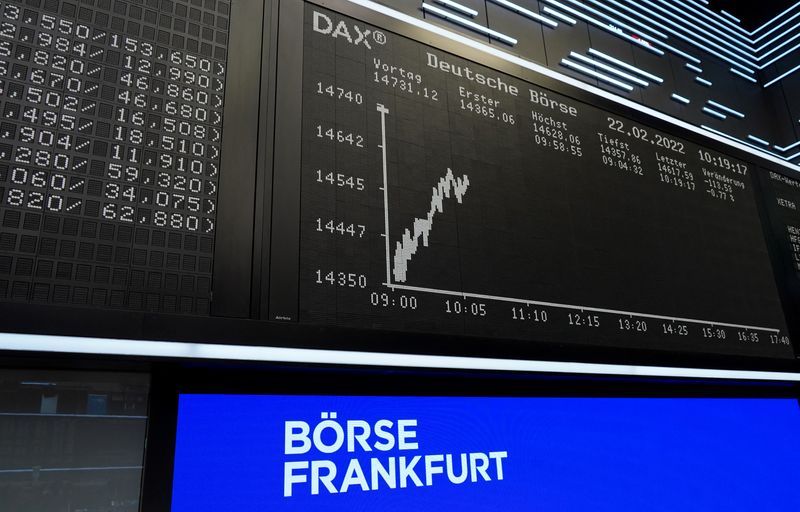Two 59%+ winners, four above 25% in Aug – How this AI model keeps picking winners
Investing.com -- Following their investor field trip to Berlin ahead of Germany’s election next month, Morgan Stanley (NYSE:MS) strategists highlighted their key takeaways in a Wednesday report.
According to the strategists, there are two broad equities-relevant policy areas that stand out around the elections.
The first major policy focus is the potential reduction in corporate tax rates. Morgan Stanley notes that these rates are set to be reduced from the current 30.83% to 25% over the course of four years, with a likely 2 percentage point (pp) reduction in 2026, according to its estimates.
“While this would clearly be a positive direction relative to other parts of Europe, our preliminary estimates point to a 2026 aggregate earnings impact of <1% for the DAX,” strategists led by Jens Eisenschmidt said in the note.
The second policy area is defense spending, which Morgan Stanley describes as structurally increasing.
“Defence spending is structurally moving higher,” the note states, with discussions centering on the pace of this increase, funding sources, and whether Germany will need “another temporary special fund in the coming years.”
Morgan Stanley maintains its high conviction Overweight on European Defence as policymakers continue prioritizing military investment. Key areas of focus include battlefield sensors, multi-domain warfare technology, drones, air defense, and intelligence capabilities.
“Capacity constraints were indicated in the manufacturing base for the bigger equipment, with speakers noting the lag time on aircraft orders and a low annual production rate of armored vehicles,” the note adds.
There are also ongoing discussions about joint procurement with European partners, including the UK, as well as potential European common debt issuance to finance defense initiatives.
While other economic topics were discussed during the investor trip, energy policy was notably less prominent. Morgan Stanley points out that “the energy component of economic performance” was minimized compared to other structural factors.
For domestically focused German equities, which account for around 20% of the DAX index, strategists conclude that potential post-election policies are “more likely to cushion the blow from domestic growth challenges than provide a near-term structural shift.”
Morgan Stanley strategists raised their 2025 growth forecast by 30bps following the news of Germany’s snap elections, citing expectations of fiscal policy changes and increased corporate investment.
They are more bullish than consensus and see two key near-term growth drivers. However, risks remain two-sided: delays in fiscal adjustments could push growth gains to 2026 or later, while a stronger-than-expected sentiment shift could lead to greater upside than currently anticipated.
